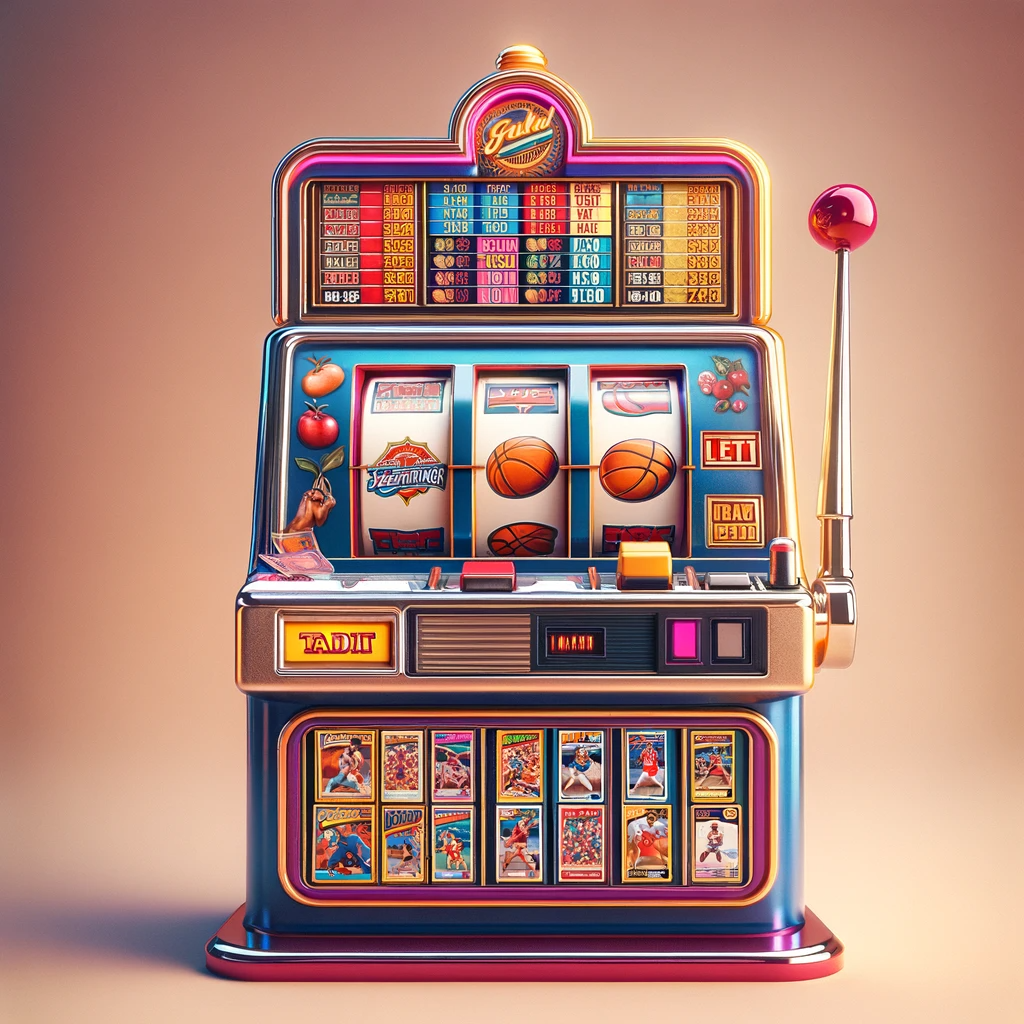
In the world of sports card collecting, the recent boom has seen market prices double and even triple, turning a hobby into a high-stakes game. As thrilling as it is to chase after the elusive rookie card or that rare insert, it’s essential to tread this terrain with a responsible mindset. This article will explore the importance of being prudent when buying sports cards, understanding the market’s volatility, and why, sometimes, buying singles is a more sensible strategy than chasing packs.
Understanding the Market Boom
The sports card market has experienced unprecedented growth, with some cards’ values skyrocketing overnight. This surge is partly due to the pandemic, as individuals rekindled their passion for collecting, and partly due to the increasing recognition of sports cards as legitimate alternative assets. However, with great reward comes great risk, and it is crucial for collectors to recognize the potential pitfalls of this volatile market.
The Gamble of Box Breaking
Purchasing a box of sports cards can be a gamble. There’s the allure of pulling a card that far exceeds the cost of the box, but the odds are not always in favor of the collector. Many will open a box only to find that the value of the cards does not match the price they paid. It’s a form of entertainment, no doubt, but one with no guaranteed return on investment.
Chasing Versus Buying Singles
For those looking for specific cards, especially cards of players they admire or collect, buying singles can often be the better financial decision. While the thrill of the chase in opening packs is undeniable, it is often more economical to purchase the exact card you want on the secondary market. This approach eliminates the uncertainty and potential disappointment of not finding the card you’re chasing.
Setting a Budget
One of the pillars of responsible collecting is setting a budget. Decide how much you’re willing to spend monthly or yearly on sports cards and stick to it. This budget should be an amount you’re comfortable with and should not detract from essential expenses. Having a budget helps prevent impulsive purchases that could lead to buyer’s remorse.
Research Is Key
Before making any purchase, research is essential. Understand the trends of the sports card market, familiarize yourself with the players, and learn about the print runs of specific sets and cards. Research helps inform your purchasing decisions, ensuring that you buy cards with the potential to hold or increase in value.
Long-Term Perspective
Sports card collecting should be viewed with a long-term perspective. While some collectors have made significant profits by flipping cards quickly, such successes are not the norm. The most valuable cards are often those associated with players who have had long, successful careers or are hall-of-famers, suggesting that patience is a virtue in card collecting.
The Importance of Condition
Condition plays a significant role in the value of a card. A card in mint condition will be worth more than the same card with wear and tear. When buying cards, especially singles, pay close attention to the condition, and consider professional grading for your most valuable cards to preserve their condition and authenticate their value.
Diversifying Your Collection
Just like any other form of investment, diversification can help mitigate risk. Instead of putting all your resources into one card or one type of card, spread your investments across different players, sports, and card brands. This strategy can protect your collection’s overall value from fluctuations in the market.
The Role of Professional Advice
Seeking professional advice from reputable dealers or experienced collectors can provide valuable insights. They can offer guidance on fair pricing, the best times to buy or sell, and which cards might be good additions to your collection.
Understanding the Emotional Value
Collecting sports cards is not just about financial gain; it’s also about the emotional value. Collect cards that you have a personal connection with, be it a favorite player or a memorable season. This way, regardless of the market’s fluctuations, your collection holds intrinsic value to you.
Avoiding the Hype
In a market driven by hype, it’s easy to get caught up in the frenzy of buying the latest hot card. Be cautious and avoid making purchases based on hype alone. Remember, today’s sought-after card could easily become tomorrow’s forgotten piece.
The sports card market offers both excitement and potential financial reward, but it requires a level of responsibility and restraint. By setting a budget, doing thorough research, buying singles judiciously, and approaching the hobby with a long-term perspective, collectors can enjoy the world of sports cards without falling prey to its inherent risks. Remember, the true joy of collecting often lies not in the monetary value of the cards but in the stories they tell and the personal satisfaction they bring.

